You will be provided with a comprehensive kit list of all the clothing and equipment that you will need on the expedition, which even goes into the finest detail of how many passport photos and pairs of socks that you should bring with you! To ensure that you manage to get through the sand dune sections though and limit the chance of mechanical failure, it’s always best to keep the vehicle as light as possible.
Documentation
The main items required are your passport, driving licence and vehicle registration document, but we’ll provide you with a comprehensive list of all that is needed. For most countries, including the UK, a visa is not required, neither is a Carnet de Passage for your vehicle.
Clothing:
You won’t have to dress like a Victorian explorer or member of the SAS to undertake the expedition, any lightweight clothing will do, which you’ll probably already have at home. The only item that you may not have is a pair of ski goggles in case we get hit by a sand storm.
Sleeping
Although popularised by Land Rover and 4×4 enthusiasts, roof tents are definitely not needed, a cheap offering from Vango or Millets being much lighter, safer and more versatile than something strapped to the roof of your car.
Self-inflating sleeping mats certainly offer more comfort than those made of closed cell foam, but either will do. It can get quite cool at night, plus temperatures might drop on the run across Europe, so a 3 season sleeping bag is advisable.
Medical & Hygiene
You’ll be required to carry a basic First Aid kit, as well as any personal medication. Most of the time we’ll be staying at campsites that have shower blocks with warm water, so it’s just the basics of soap, toothbrush and towel.
Food & Water
Each vehicle will be required to carry 20 litres of water in a non-translucent container, the black plastic military Jerry cans being the best for this. Bottled drinking water can be purchased en route and we find that this is the safest way to ensure no upset stomachs.
Although there will be many opportunities to eat locally, each team must carry a minimum of 3 days food with them and able to cook for themselves. A portable gas stove, mess tins, cutlery and tinned food from your local Supermarket will be more than adequate.
Dehydrated rations may save weight, but you have to carry extra water, they are expensive and never taste that good anyway. Tescos’ tins of stew, new potatoes and assorted veg makes for a hearty and simple to prepare meal.
Communications
Your mobile phone will work throughout most of Morocco apart from when we are in the Sahara itself, but to keep costs down it’s best to buy a SIM card in Morocco. This will still allow you to use WhatsApp to stay in touch with friends and family at home as your account doesn’t change despite having a Moroccan telephone number in your phone - don’t ask us how that works as we have no idea, it just does!
As part of your entry fee though, each vehicle will be issued with a UHF radio kit to allow car to car communication. These have a range of several miles and will help keep everyone together.
In addition to the above, support vehicles will be fitted with a satellite phone in case of any emergencies.
Vehicle Tools & Spares
You’ll be provided with a comprehensive list of tools, but most of the items you should have already such as screwdrivers, spanners and pliers, The only item that you may not be in possession of is a 12 volt air compressor, which will be needed to inflate and deflate tyres as we move between tarmac, rock and sand sections.
As long as your vehicle has been suitably prepared and carries the minimum of weight, it should be fine, but there will be some items that you must carry with you such as oils, lubricants, filters and belts. In addition to this, some ‘Bush Mechanics’ items will need to be carried including glues, sealants and tapes.

